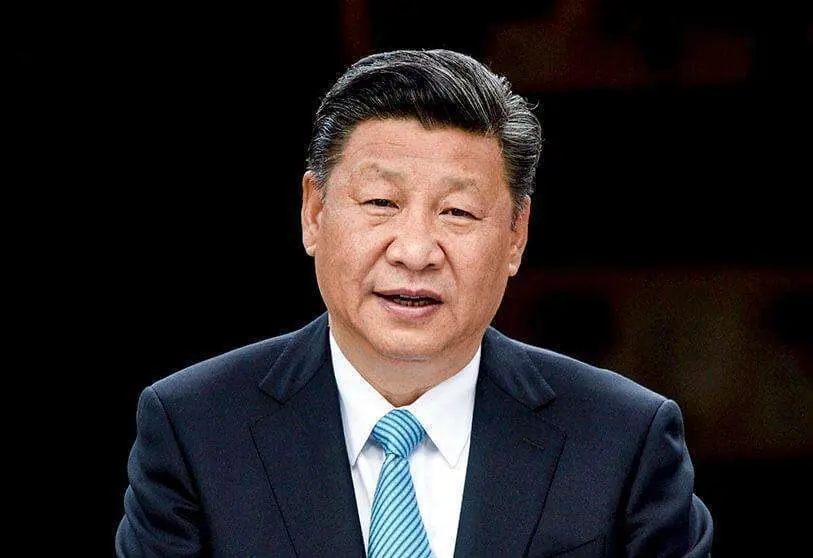China continues to expand into Iraq through the Silk Road Belt

The Asian giant has been favoured by the decision of Western companies not to invest in Iraq because of the fragile political situation, but above all because of the lack of security. As a result, it has been able to materialise numerous large partnership agreements with projects in the infrastructure and energy sectors. Meanwhile, many Western countries have criticised Chinese funding because it is "often undesirable, lacks transparency and makes some of the poorest countries, especially in Africa, more dependent on China through debt".
The Belt and Road Initiative, announced by Chinese president Xi Jinping in 2013, was to develop a wide range of development and investment projects across East Asia, the Middle East and Europe. This is one of Beijing's most important soft power tools in expanding and strengthening its global presence and influence. On the other side of the coin is the United States and its Western allies, who have expressed concern about the initiatives being carried out by the Asian country, because all these projects create a great temptation for many states seeking to take full advantage of Chinese technology and thus strengthen relations with one of the largest economies in existence.

In 2021, Iraq received around $10.5 billion in funds for the realisation of projects related to infrastructure and power plants, according to a study conducted by Fudan University in China. In this way, the country became the main target of the Belt and Road Initiative. The Republic of Iraq has also positioned itself as one of the most important states on the new Silk Road. In addition, in recent years, relations and ties between the two Asian countries have grown stronger and stronger, especially in the economic sphere.
Another study, carried out by the Centre for Green Finance and Development at Fudan University in Shanghai and published by Reuters, found that Iraq led the way in construction contracts under the Chinese initiative, with Serbia in second place and Indonesia in the top three. Shanghai's own researchers, as well as the director of the China Green Finance and Development Centre, Christoph Nipudel Wang, were surprised by the sheer volume of Chinese investment in Arab countries, and in the Middle East, particularly Iraq. "We thought the focus would be much more on Southeast Asia, including infrastructure, but in fact it was particularly driven towards Iraq, and it is experiencing a strong shift towards Africa and the Middle East," said Christoph Nipudel Wang.

In the new year, Chinese researchers hope to accelerate renewable energy projects, following the Asian government's guidelines. Funding and investment in such projects has increased to $6.3 billion in 2021, up from $1.9 billion in 2020. There has also been an increase in financing and investment in the oil sector to $6.4 billion in 2021, up from $1.9 billion in 2020. On the other hand, China is no longer involved in coal-related projects, as well as in the construction of coal plants abroad, as promised by the Chinese president.
Chinese investments in 144 states under the 2021 initiative were estimated at $59.5 billion, compared to $60.5 billion in 2020. Investments implemented in Arab and Middle Eastern countries increased by 360 per cent last year, while construction projects increased by 116 per cent compared to 2020.

China is cooperating with Iraq in the construction of an "Al-Khairat plant", located in Karbala province. In addition, China's Sinopec Group has managed to sign a contract to exploit and develop the natural gas sector near the Iranian border. The two states also want to build an airport and a solar power plant, among other projects.








